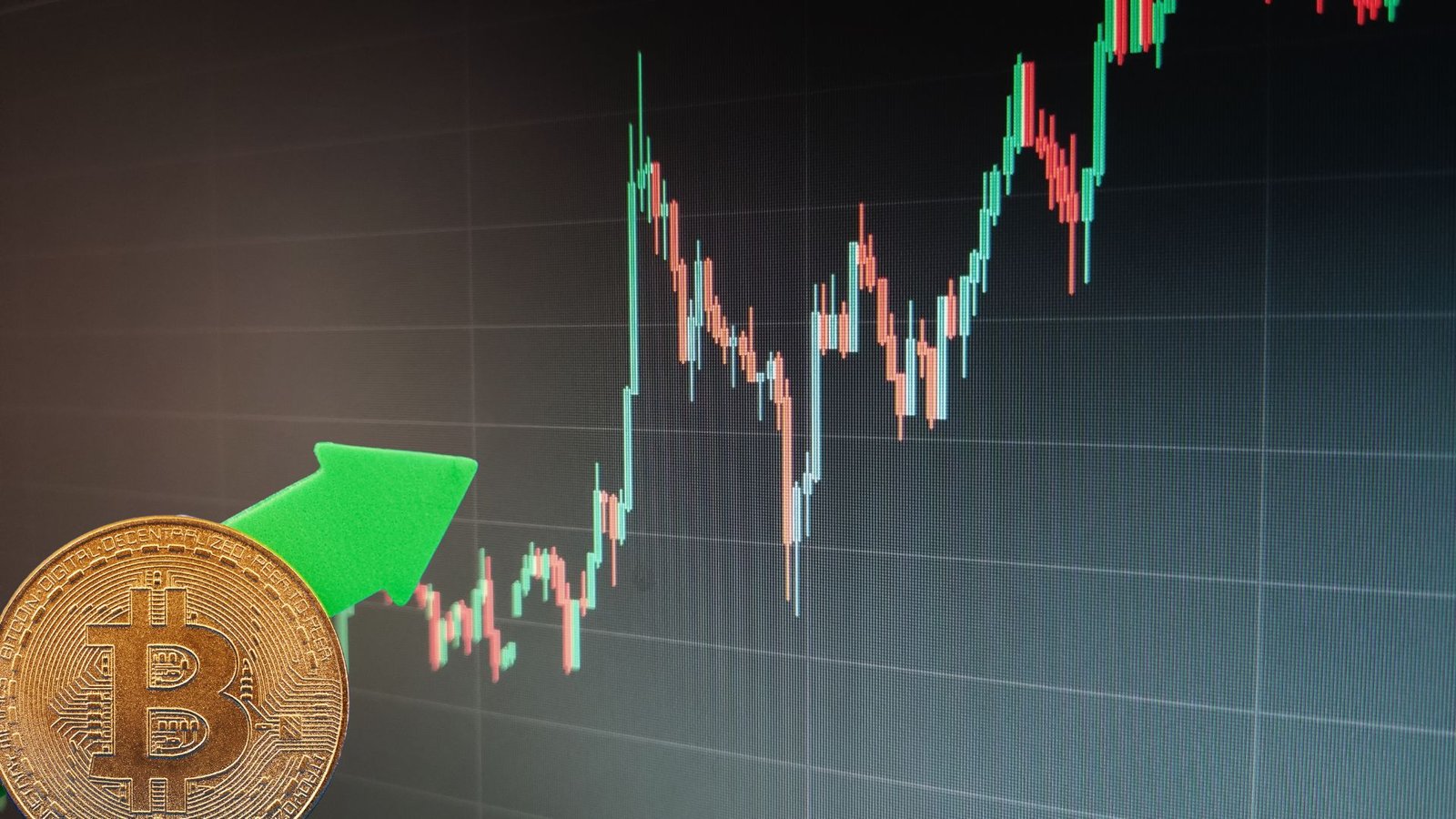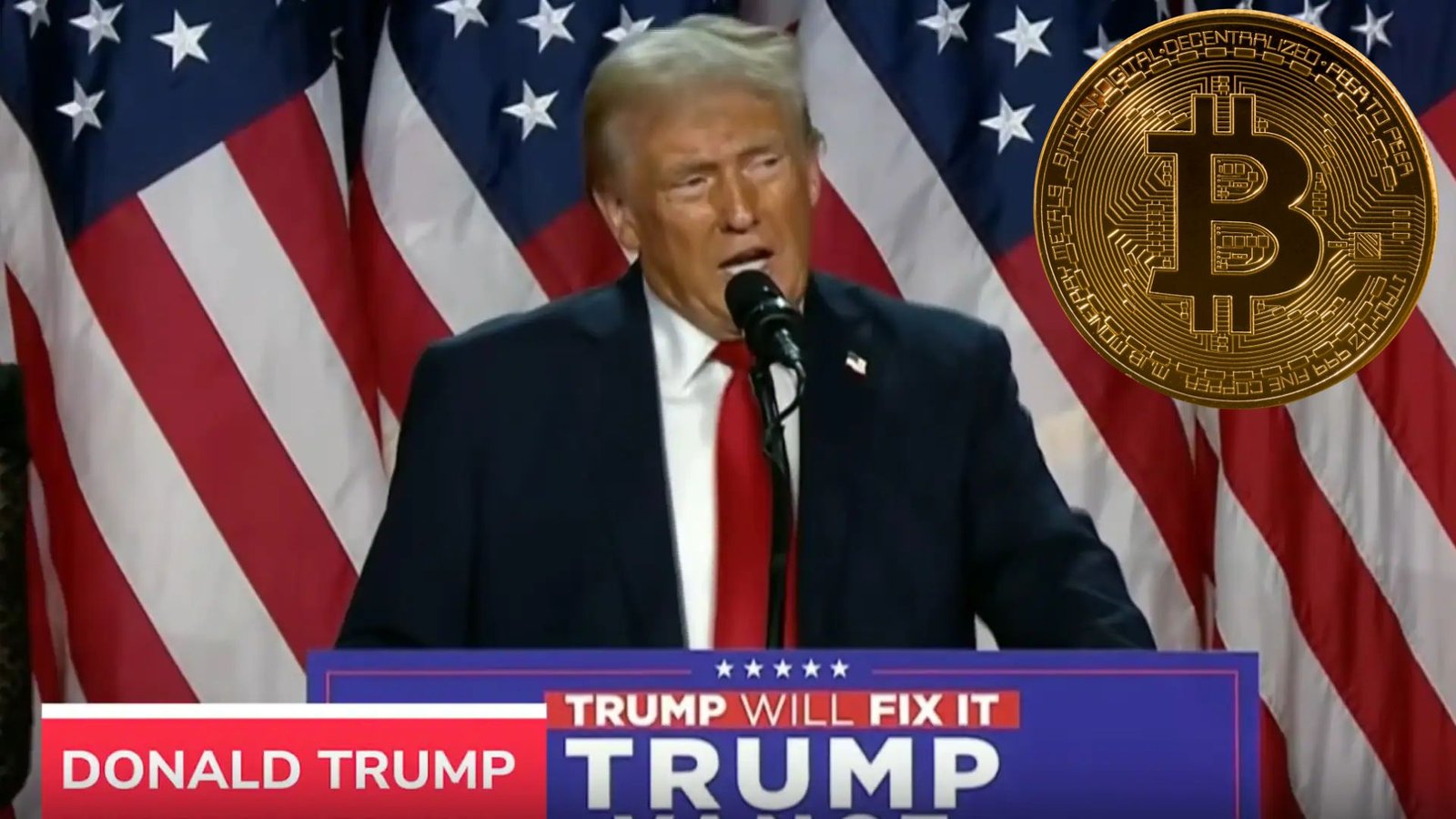Bitcoin has come a long way since its inception in 2009, serving as a groundbreaking decentralized currency and a proof of concept for blockchain technology. However, one challenge continues to shadow Bitcoin: scalability. While new protocols and layer-two solutions have made significant strides, the network still grapples with handling high volumes of transactions quickly and cost-effectively. In recent developments, OpenAI—a leader in artificial intelligence—has begun exploring deep research in blockchain to tackle Bitcoin’s scalability issues, suggesting a future where AI and blockchain intersect to create faster, more efficient decentralized systems.
In this article, we break down the nature of Bitcoin’s scalability concerns, explore OpenAI’s potential role in shaping next-generation blockchain solutions, and discuss how this synergy might evolve the future of digital currencies.
The Scalability Dilemma in Bitcoin
Bitcoin’s decentralized design relies on miners and nodes worldwide to validate transactions. This consensus mechanism, while secure, becomes less efficient when the network is under heavy load:
- Limited Block Size and Transaction Throughput:
- Bitcoin blocks are produced roughly every 10 minutes, with a block size limit that constrains the number of transactions included in each block. During periods of high activity, this can lead to backlogged transactions and higher fees.
- Transaction Fees and Network Congestion:
- As transaction volumes rise, competition for block space escalates, driving up fees. Users either pay more for faster confirmations or wait longer, creating friction for everyday payments.
- Layer-Two Solutions:
- Protocols such as the Lightning Network aim to address these bottlenecks by processing transactions off-chain, settling on-chain later. However, adoption and user-friendliness remain ongoing challenges.
While Bitcoin remains the gold standard for store-of-value cryptocurrencies, scaling it to handle microtransactions or global payment demands at low cost is a formidable undertaking.
OpenAI Enters the Blockchain Fray
OpenAI has historically focused on pioneering research in natural language processing, reinforcement learning, and AI ethics. Now, the organization’s research labs are exploring how AI can help optimize complex, decentralized systems such as blockchain networks. Several factors make OpenAI’s entry into the blockchain space noteworthy:
- Complex System Optimization:
- AI excels at analyzing massive datasets and optimizing systems with many variables. Blockchain, with its nodes, miners, and real-time transactions, can benefit from AI-driven insights to reduce bottlenecks and improve throughput.
- Smart Contract Analysis:
- AI tools can analyze and audit smart contracts, identifying vulnerabilities or inefficiencies that hinder scalability. Although this is more common on Ethereum, insights could also be applied to sidechains and layer-two solutions that enhance Bitcoin.
- Network Topology and Node Health:
- Predictive algorithms can optimize node communication, reducing broadcast delays that slow transaction propagation.
By combining AI with blockchain, OpenAI aspires to transform the way consensus, security, and scalability interrelate, creating a robust foundation for the next generation of digital currencies.
Potential Solutions and Research Areas
1. AI-Enhanced Consensus Mechanisms
OpenAI researchers are hypothesizing how AI could help fine-tune consensus mechanisms, potentially shifting from static block size limits to adaptive models that respond to real-time network conditions:
- Dynamic Block Sizing: AI algorithms could monitor mempool activity, adjusting block parameters to match transaction volume.
- Predictive Mining Rewards: Machine learning tools might forecast short-term network usage, allowing miners to prepare for spikes and allocate resources more efficiently.
2. Layer-Two Efficiency
While layer-two solutions like the Lightning Network handle transactions off-chain, they still require robust frameworks for settlement on the Bitcoin blockchain.
- AI Routing Nodes: Advanced routing algorithms could identify the optimal payment channels, reducing failed transactions and lowering fees.
- Scalable Liquidity Management: Predictive models might help channels balance liquidity in real-time, ensuring minimal disruption for users.
3. On-Chain Data Compression
As the blockchain grows, on-chain data can become unwieldy:
- Smart Compression Protocols: AI could create advanced compression techniques for transaction data without sacrificing verifiability, allowing blocks to hold more validated transactions.
- Offloading Redundant Data: Intelligent filtering systems may reduce repeated information, storing minimal data on-chain while preserving decentralization.
Implications for the Future of Bitcoin
1. Greater Accessibility
If scalability improves significantly, users will face fewer hurdles in paying fees or waiting for confirmations, paving the way for broader adoption in everyday commerce. This shift aligns with the original vision of Bitcoin as a peer-to-peer electronic cash system, expanding beyond its current store-of-value narrative.
2. Institutional Confidence
Investors often cite scalability and high transaction fees as deterrents to adopting Bitcoin for large-scale enterprise applications. Advancements driven by AI research could address these pain points, further legitimizing Bitcoin as an institutional-grade digital asset.
3. Regulatory Outlook
Better scalability often means more transparent and traceable transactions (through advanced analytics), potentially aligning with regulatory expectations. However, as networks become more complex, policymakers will also need clarity on AI’s role in automating or influencing transaction processing.
4. Competitive Landscape
Improvements to Bitcoin’s throughput and cost-effectiveness could solidify its leadership in the crypto market, challenging competing blockchains that tout faster transaction speeds.
Opportunities for Investors and Developers
Investors
- Early Adoption: Capitalizing on projects and companies that integrate AI with Bitcoin infrastructure can provide a first-mover advantage.
- Diversification: As Bitcoin evolves, so will associated tokens and sidechains. Understanding which layer-two solutions are backed by AI research can guide strategic allocations.
Developers
- Cross-Disciplinary Skills: Blockchain developers with AI or machine learning expertise will be in high demand.
- Collaboration with Research Labs: Partnerships between blockchain startups and AI-focused institutions like OpenAI can accelerate development of next-generation scalability solutions.
Challenges and Ethical Considerations
- Decentralization vs. Centralized Optimization
- AI-driven networks might inadvertently centralize decision-making if the AI model is proprietary or controlled by a single entity.
- Transparency in AI Decision-Making
- Community members may demand open-source AI tools to ensure that changes to block parameters or transaction flows remain transparent.
- Data Privacy
- Monitoring network nodes and transaction patterns could raise privacy issues if user data is collected or inferred.
Conclusion: A Synergy for the Next Decade
OpenAI’s deep research into blockchain technology marks a pivotal moment for Bitcoin scalability, suggesting that artificial intelligence could be the key to unlocking higher throughput and lower fees on the world’s first and most recognized cryptocurrency. By applying AI’s predictive analytics, adaptive frameworks, and efficient data management, Bitcoin can overcome long-standing obstacles that have impeded its evolution into a truly global payment network.
For investors and developers alike, this fusion of AI and blockchain represents both a challenge and an opportunity. On one hand, maintaining decentralization, transparency, and user privacy remains a formidable task. On the other, the potential rewards include broader adoption, new revenue streams, and the fulfillment of Bitcoin’s promise as a transformative digital currency. As OpenAI continues its research, the stage is set for the emergence of novel solutions that could redefine the future of Bitcoin, propelling it into a new era of scalability and utility.











